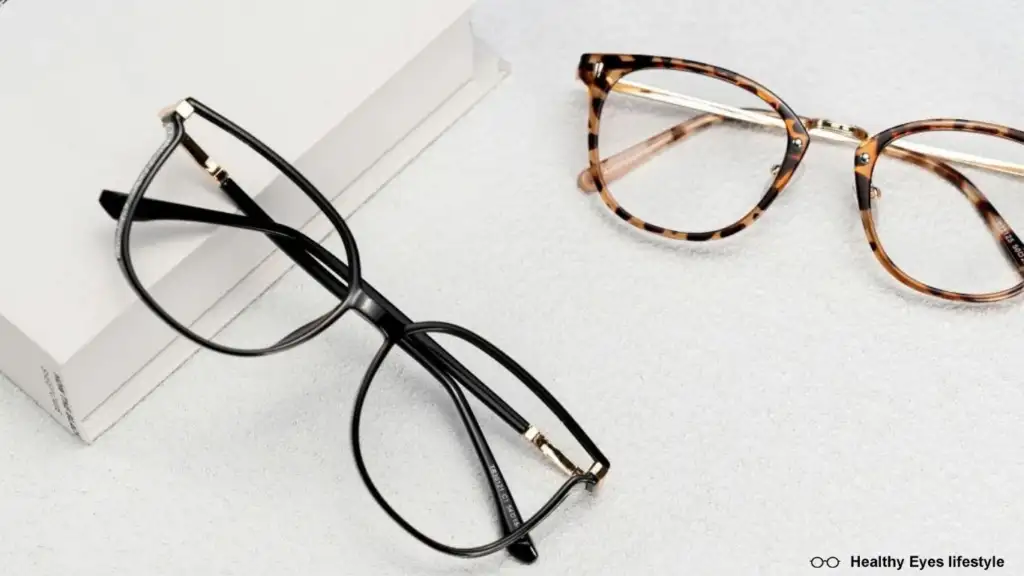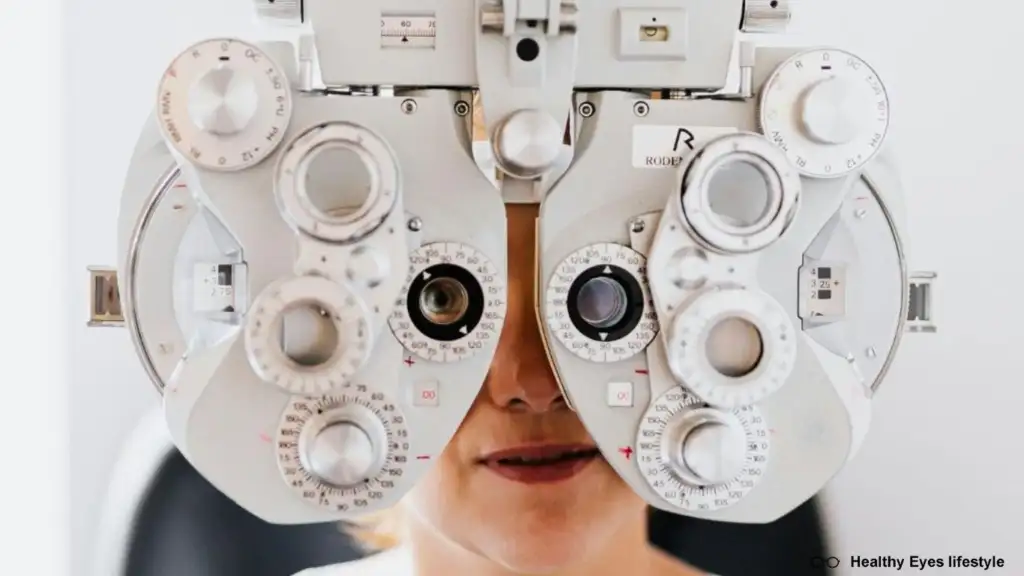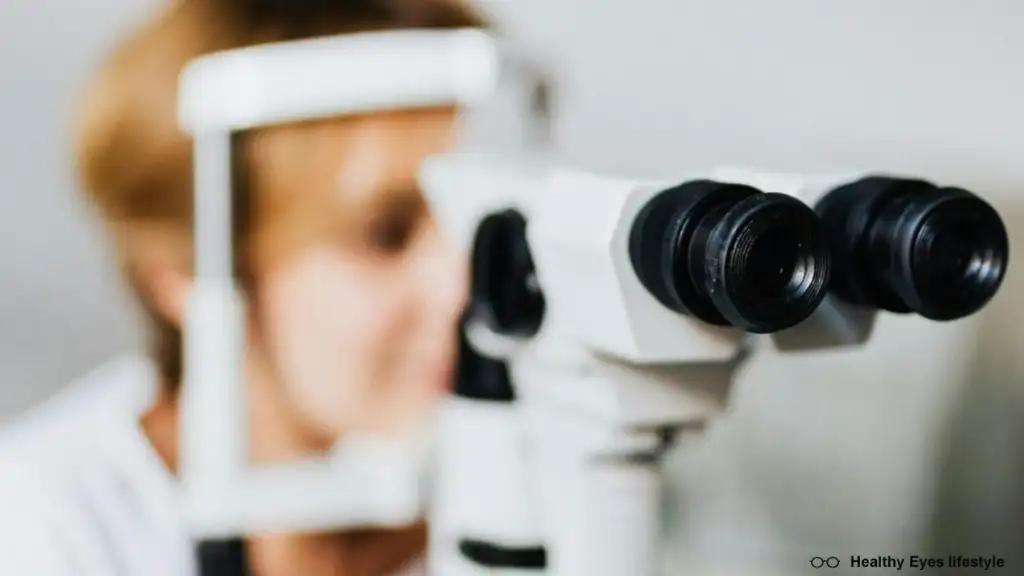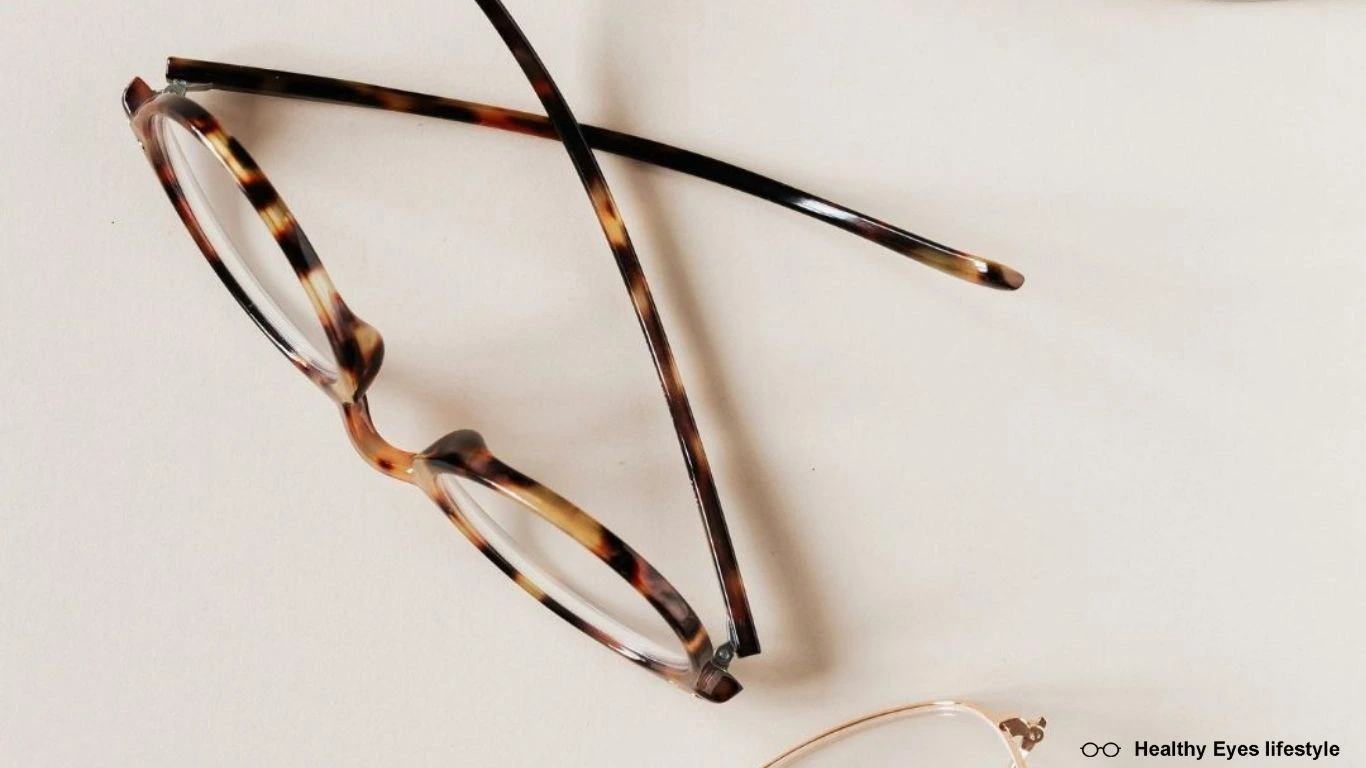Share This Article
Table of Contents
Night vision problems, often referred to as nyctalopia or night blindness, is a common condition that affects many people. It can make it difficult to see clearly in low-light conditions or complete darkness, which poses challenges for tasks such as driving at night, walking in dimly lit areas, or simply functioning in poor lighting environments. Understanding the causes, symptoms, and potential treatments of night vision problems is essential for maintaining overall eye health and safety.
What Is Night Vision?
Night vision refers to the ability of the eyes to see in low-light conditions. Under normal circumstances, our eyes adapt to different levels of light thanks to specialized cells in the retina called rods and cones. While cones are responsible for seeing color and sharp details in bright conditions, rods are more sensitive to light and are vital for seeing in dim or dark environments.
When night vision is impaired, these rods or other parts of the eye may not be functioning properly, leading to difficulty seeing in low light. Night blindness doesn’t mean complete blindness at night, but it does affect the quality of vision in darkness or dim settings.

Common Causes of Night Vision Problems
There are several reasons why night vision problems may develop, ranging from genetic conditions to lifestyle choices. Below are some of the most common causes:
- Vitamin A Deficiency
Vitamin A plays a crucial role in maintaining good vision, particularly at night. A deficiency in this vitamin can affect the retina, which directly impacts night vision. Foods rich in Vitamin A, such as carrots, sweet potatoes, and leafy greens, help improve and maintain healthy eyes.
- Cataracts
Cataracts occur when the lens of the eye becomes cloudy, making it harder for light to pass through. This condition often develops with age, and one of the earliest signs of cataracts is difficulty seeing in dim light. Cataract surgery is a common treatment for this issue.
- Retinitis Pigmentosa
Retinitis pigmentosa is a genetic disorder that affects the retina’s ability to respond to light. People with this condition often first notice difficulty seeing at night or in low-light environments. Over time, it can lead to tunnel vision and even total blindness.
- Glaucoma
Glaucoma is a group of diseases that damage the optic nerve, often due to high eye pressure. Some forms of glaucoma can cause night vision problems as peripheral vision starts to deteriorate. Early diagnosis and treatment are crucial for managing glaucoma and preserving vision.
- Diabetes
Diabetic retinopathy is a complication of diabetes that can damage the blood vessels in the retina. This damage can impair vision, particularly in low-light conditions. Managing diabetes through diet, exercise, and medication can help reduce the risk of diabetic retinopathy and other eye issues.
- Myopia (Nearsightedness)
People with myopia often have trouble seeing objects clearly in the distance, and this condition can be more pronounced in low-light situations. Corrective lenses or refractive surgery can improve night vision for those with myopia.
| Aspect | Myopia | Impact on Night Vision |
| Definition | Myopia, also known as nearsightedness, is a condition where distant objects appear blurry. | Myopia makes it harder to see objects clearly in dim lighting or at night. |
| Cause | Caused by the eyeball being too long or the cornea being too curved, which causes light to focus in front of the retina. | Myopic eyes struggle to focus properly in low light, increasing difficulty seeing at night. |
| Symptoms | Blurry vision when looking at distant objects, squinting, eye strain, and headaches. | Trouble seeing distant objects at night, glare or halos around lights, and increased difficulty with nighttime driving. |
| Effect in Low-Light | Poor distance vision is exacerbated in dim light, as the eye has to work harder to focus. | Lower contrast sensitivity and difficulty adjusting to changes in light levels, leading to reduced night vision. |
| Diagnosis | Eye exam with visual acuity test, refraction test, and eye structure examination. | Night vision problems often diagnosed alongside myopia during a comprehensive eye exam. |
| Treatment | Corrective lenses (glasses or contact lenses), refractive surgery (e.g., LASIK). | Prescription glasses or lenses, sometimes with anti-glare coatings, can improve night vision for myopia. |
| Preventive Measures | Regular eye exams, proper lighting when reading or working, and limiting screen time. | Wearing prescription glasses or contact lenses specifically designed for low-light conditions can improve night vision. |
- Aging
As we age, the eye’s ability to adjust to changes in light diminishes. Older adults may find it harder to see at night due to a combination of factors, including the weakening of eye muscles, cataracts, or other age-related conditions.

Symptoms of Night Vision Problems
Identifying night vision issues early can help in managing and treating the condition effectively. Some of the most common symptoms include:
- Difficulty Seeing in Low Light: This is the most obvious sign of night vision problems. People may find it hard to navigate in dimly lit areas, drive at night, or perform tasks in poorly lit rooms.
- Halos or Glare Around Lights: Another symptom is seeing halos or increased glare around streetlights, headlights, or other bright lights at night.
- Slow Adjustment to Light Changes: People with night vision problems may take longer to adjust when moving from bright to dark environments or vice versa.
- Difficulty Recognizing Faces or Objects: In some cases, recognizing faces or objects in low-light conditions becomes difficult, even when those same faces or objects are easy to identify during the day.
- Increased Sensitivity to Bright Lights: Some individuals may become overly sensitive to bright lights, especially at night or in darker environments.
Diagnosis and Testing for Night Vision Problems
If you’re experiencing night vision problems, it’s important to see an eye specialist for a thorough examination. Several tests can be done to determine the cause of night blindness, including:
- Visual Acuity Test: This test measures how well you can see at different distances, which can help detect issues like myopia.
- Slit Lamp Examination: This allows the doctor to examine the different parts of the eye, including the cornea, lens, and retina, to check for abnormalities like cataracts or retinitis pigmentosa.
- Retinal Imaging: Advanced imaging techniques can provide detailed pictures of the retina, helping to diagnose conditions like diabetic retinopathy or retinitis pigmentosa.
- Blood Tests: If a vitamin A deficiency is suspected, a blood test can confirm this and guide treatment options.
Treatment Options for Night Vision Problems
The treatment for night vision problems will depend on the underlying cause. Here are some common treatment approaches:
- Corrective Lenses
If myopia or astigmatism is causing your night vision issues, prescription glasses or contact lenses may improve vision in low-light conditions.
- Vitamin A Supplements
For individuals with a vitamin A deficiency, taking supplements or adjusting your diet to include more vitamin A-rich foods can significantly improve night vision.
If cataracts are the issue, surgery can replace the cloudy lens with a clear, artificial lens, restoring night vision.
- Management of Underlying Health Conditions
If diabetes, glaucoma, or another medical condition is affecting your night vision, managing the underlying condition is essential. This may include controlling blood sugar levels, using medicated eye drops, or even surgery.
- Specialized Glasses or Coatings
Some individuals benefit from glasses with anti-glare coatings or lenses designed to improve contrast and reduce glare during nighttime activities, particularly driving.

How to Improve Night Vision Naturally
While some causes of night vision problems require medical treatment, there are several lifestyle changes and practices that can help enhance your ability to see in low-light conditions:
- Eat a Balanced Diet
Include foods rich in vitamin A and antioxidants, such as carrots, spinach, and fish, to promote eye health.
- Wear Sunglasses During the Day
Protecting your eyes from harmful UV rays can reduce the risk of cataracts and other eye conditions that affect night vision.
- Avoid Smoking
Smoking increases the risk of several eye diseases, including cataracts and age-related macular degeneration, both of which can impair night vision.
- Regular Eye Checkups
Visiting an eye doctor regularly can help catch problems early, making them easier to treat.
- Use Proper Lighting
Make sure to use proper lighting when reading or working at night, and avoid looking directly at bright lights to reduce strain on your eyes.
Driving at night vision problems
Generally, as mentioned above, people who suffer from difficulty driving at night due to poor vision, the main cause is myopia, although it should be noted that there may be other causes as well, as mentioned above. Driving at night can be particularly dangerous for those with night vision problems. To stay safe on the road, follow these tips:
- Use Anti-Glare Lenses: If you wear glasses, consider lenses with anti-glare coatings to reduce the brightness of headlights and streetlights.
- Dim Your Dashboard: Bright dashboard lights can make it harder to see outside. Dim these lights to improve your focus on the road.
- Keep Your Windshield Clean: Dirt and streaks on your windshield can amplify glare and make it more difficult to see at night.
- Take Frequent Breaks: If driving at night causes eye strain or fatigue, take regular breaks to rest your eyes and avoid potential accidents.
Conclusion
Night vision problems are a common issue that can affect daily life, especially for activities such as driving or walking in dimly lit areas. While some causes, such as vitamin A deficiency, can be easily treated, others like retinitis pigmentosa may require ongoing management. Regular eye exams, a healthy diet, and proper care are essential to preserving good night vision and ensuring safety in low-light environments. If you experience night blindness or difficulty seeing in the dark, consulting an eye specialist is the best step toward finding the right solution for your vision needs.
FAQS
Can certain medications affect night vision?
Yes, some medications can impact night vision. For example, certain antihistamines, antidepressants, and medications used to treat high blood pressure can cause side effects like blurred vision or increased sensitivity to light. If you notice changes in your night vision after starting a new medication, consult your healthcare provider for possible alternatives or adjustments.
Is night vision loss reversible?
The reversibility of night vision loss depends on the underlying cause. Conditions like vitamin A deficiency and cataracts can often be treated effectively, leading to improved night vision. However, genetic disorders such as retinitis pigmentosa typically result in progressive and irreversible night vision impairment. Early diagnosis and appropriate treatment are crucial in managing and potentially reversing some forms of night vision loss.



